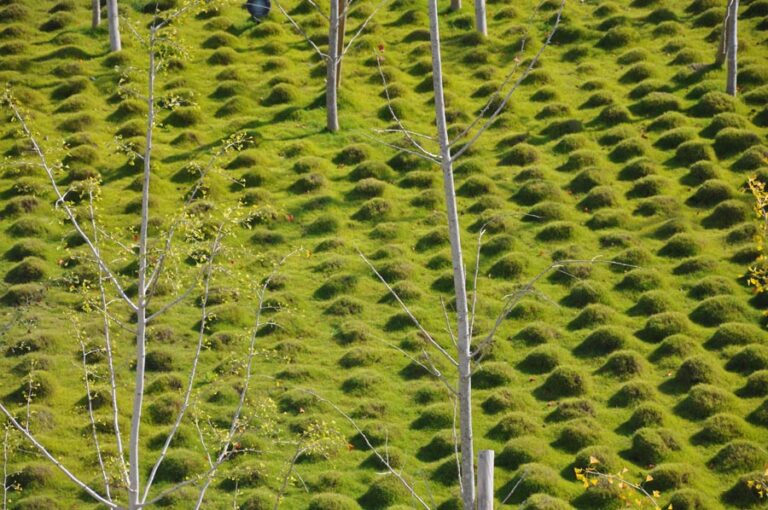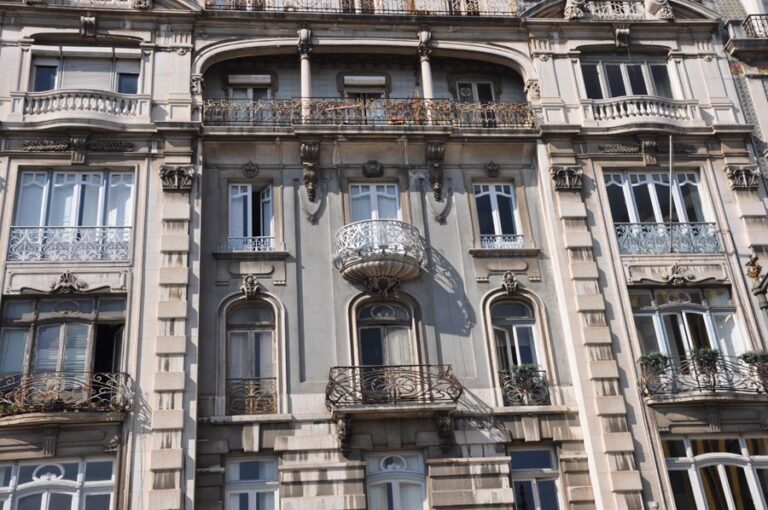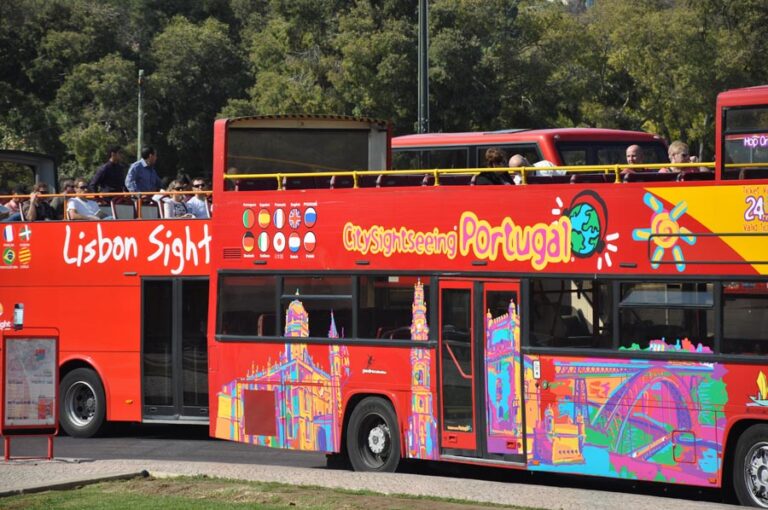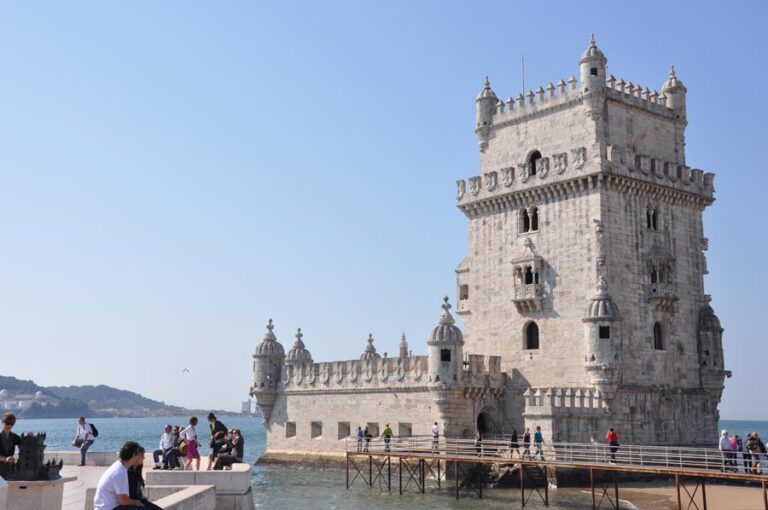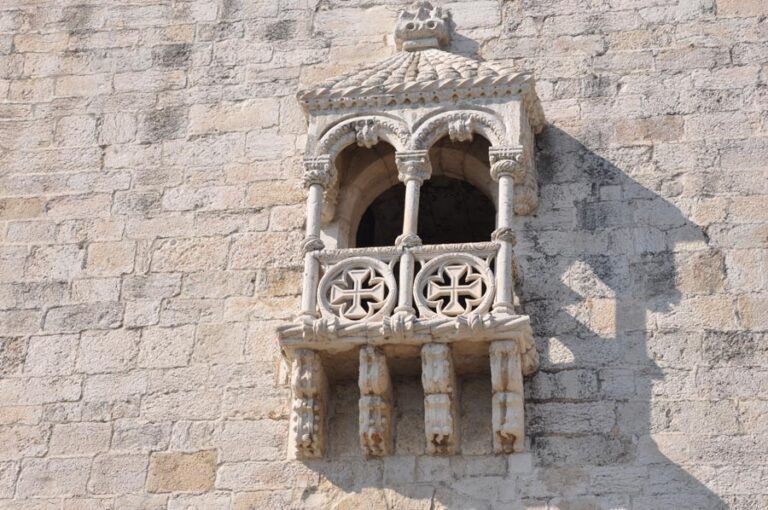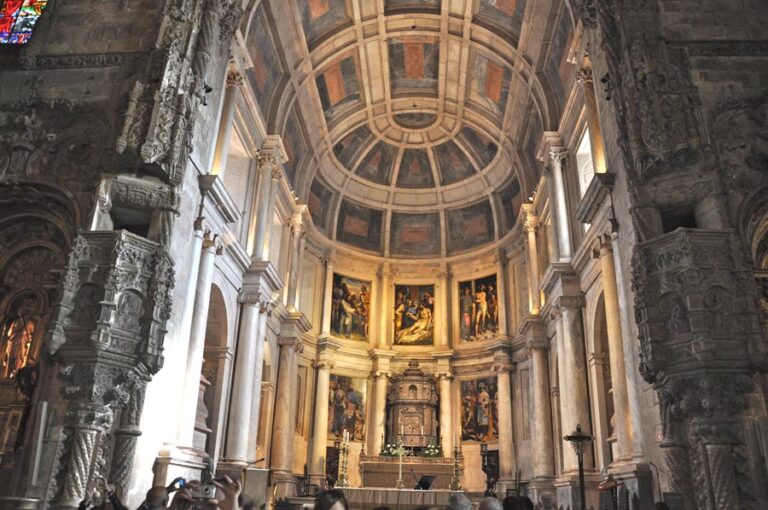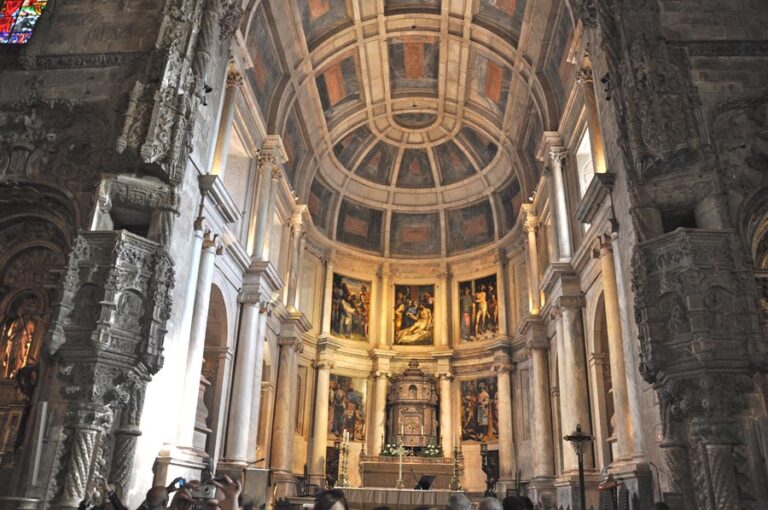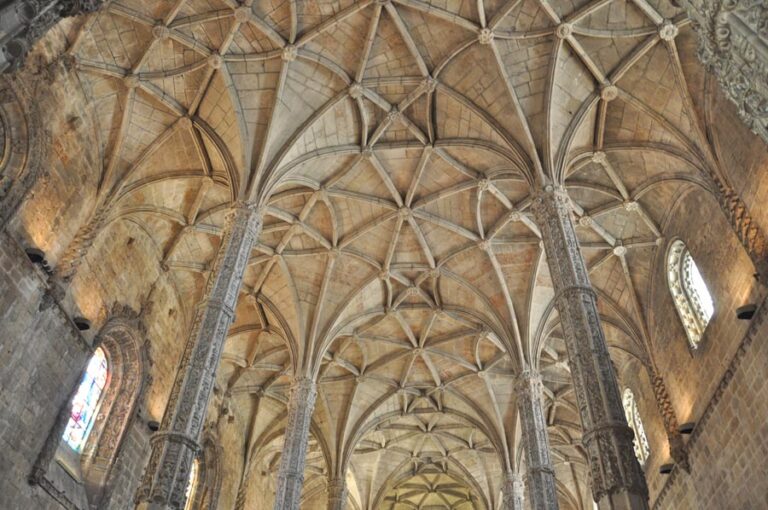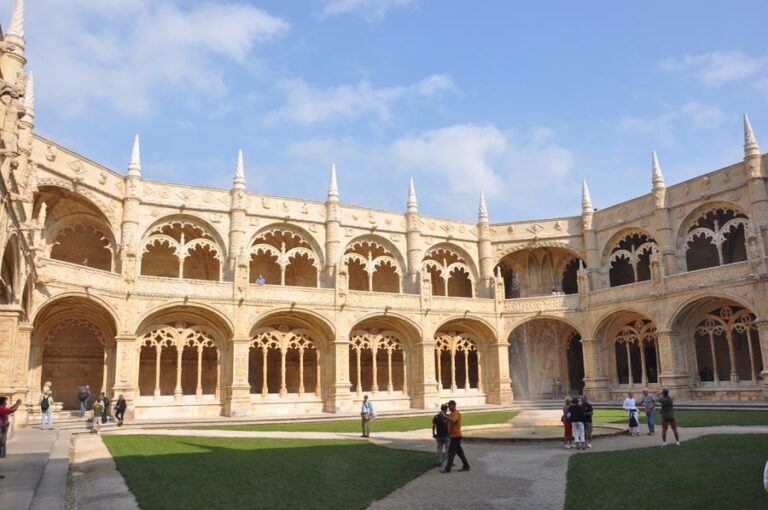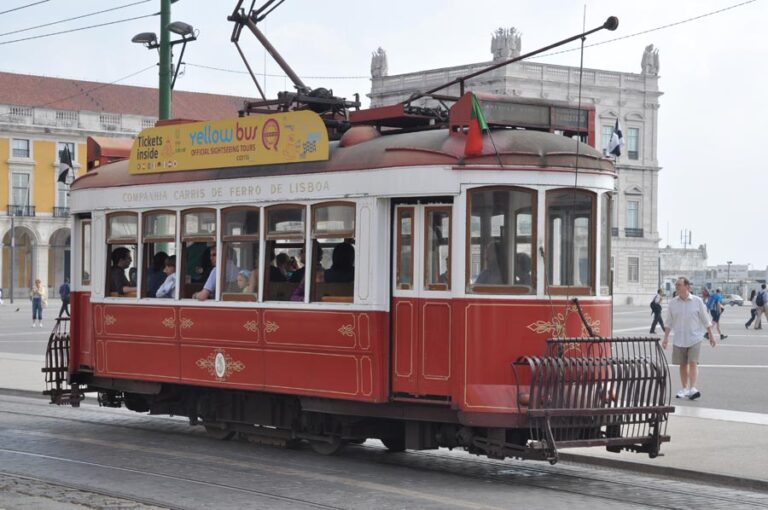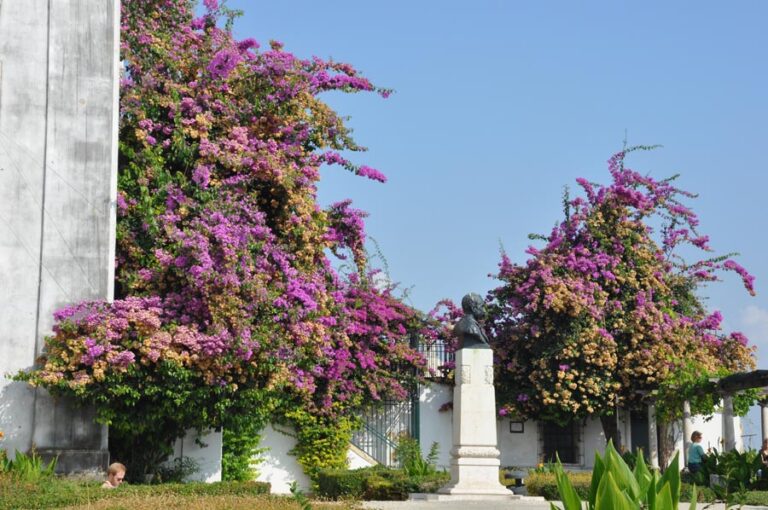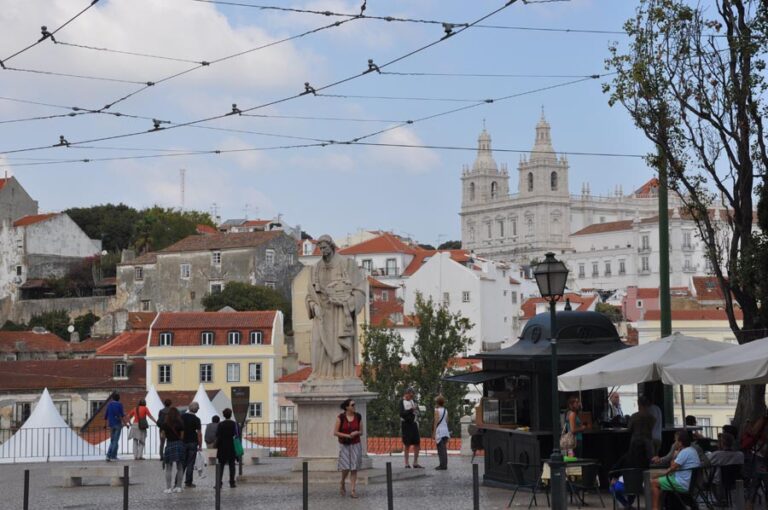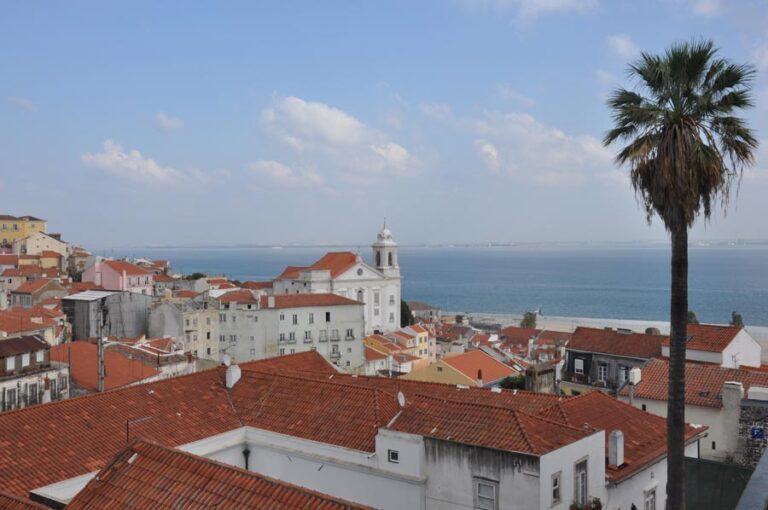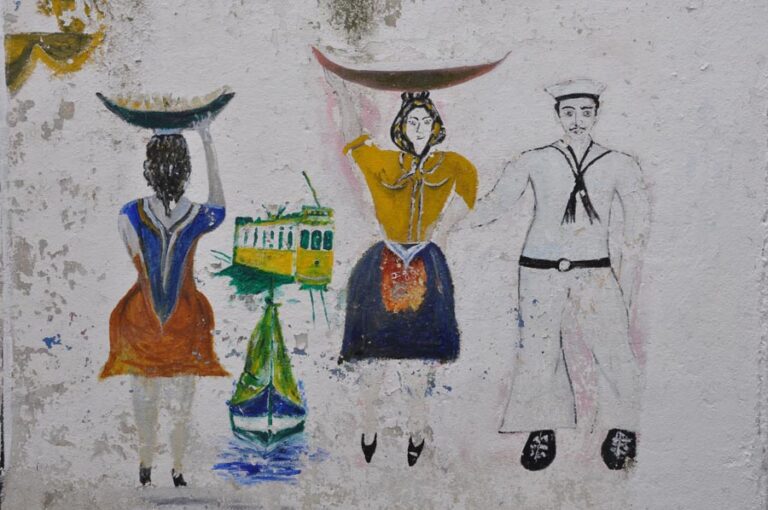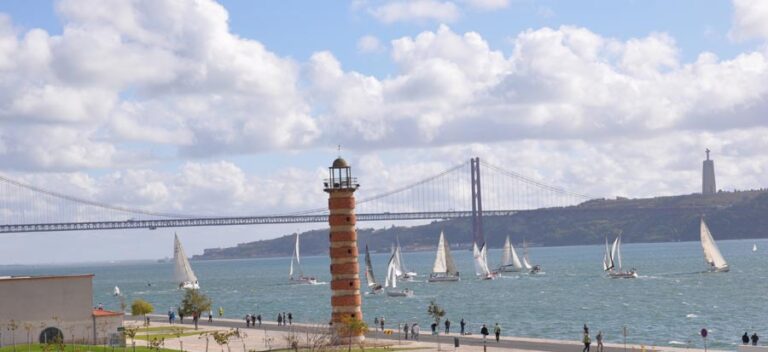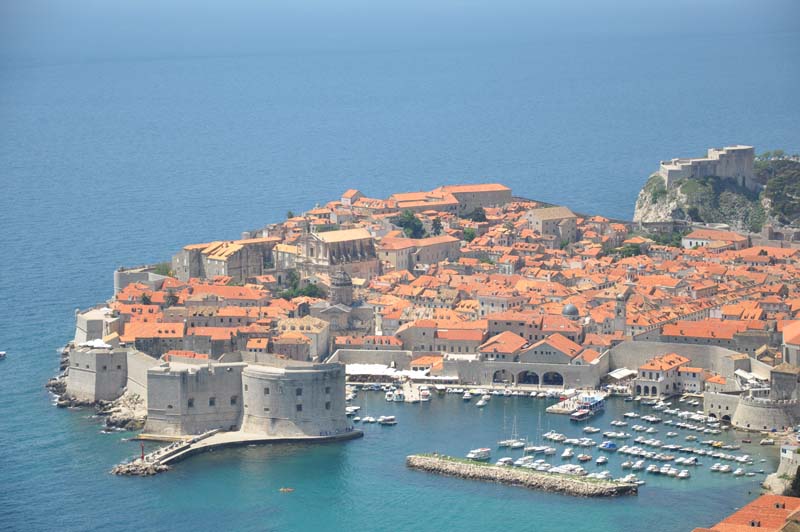
Lisbon
Lisbon, the capital of Portugal, is a picturesque city known for its historic neighborhoods, vibrant culture, and scenic views over the Tagus River. With a history stretching back thousands of years, Lisbon is one of the oldest cities in Western Europe, influenced by various cultures, including Roman, Moorish, and Portuguese. This rich history is visible in landmarks like the Tower of Belém, a UNESCO World Heritage site built in the 16th century, and the Jerónimos Monastery, an architectural masterpiece that showcases Portugal’s Age of Discovery. Lisbon’s unique neighborhoods offer a blend of tradition and modernity. Alfama, the city’s oldest district, is famous for its narrow, winding streets, traditional Fado music, and vibrant festivals. The Bairro Alto area, on the other hand, is known for its lively nightlife and artistic vibe. Visitors can explore Lisbon’s historic tram lines, especially Tram 28, which takes riders through many iconic parts of the city, or visit modern attractions like the MAAT (Museum of Art, Architecture, and Technology). Beyond its architecture and culture, Lisbon boasts a thriving food scene that emphasizes fresh seafood, including the famous bacalhau (salted cod) and pastel de nata, a creamy custard tart. The city’s sunny climate, combined with its beautiful waterfront and charming hills, make Lisbon an enchanting destination for travelers interested in both history and a laid-back coastal lifestyle.
Lisbon, the capital of Portugal, is a picturesque city known for its historic neighborhoods, vibrant culture, and scenic views over the Tagus River. With a history stretching back thousands of years, Lisbon is one of the oldest cities in Western Europe, influenced by various cultures, including Roman, Moorish, and Portuguese. This rich history is visible in landmarks like the Tower of Belém, a UNESCO World Heritage site built in the 16th century, and the Jerónimos Monastery, an architectural masterpiece that showcases Portugal’s Age of Discovery. Lisbon’s unique neighborhoods offer a blend of tradition and modernity. Alfama, the city’s oldest district, is famous for its narrow, winding streets, traditional Fado music, and vibrant festivals. The Bairro Alto area, on the other hand, is known for its lively nightlife and artistic vibe. Visitors can explore Lisbon’s historic tram lines, especially Tram 28, which takes riders through many iconic parts of the city, or visit modern attractions like the MAAT (Museum of Art, Architecture, and Technology). Beyond its architecture and culture, Lisbon boasts a thriving food scene that emphasizes fresh seafood, including the famous bacalhau (salted cod) and pastel de nata, a creamy custard tart. The city’s sunny climate, combined with its beautiful waterfront and charming hills, make Lisbon an enchanting destination for travelers interested in both history and a laid-back coastal lifestyle.

